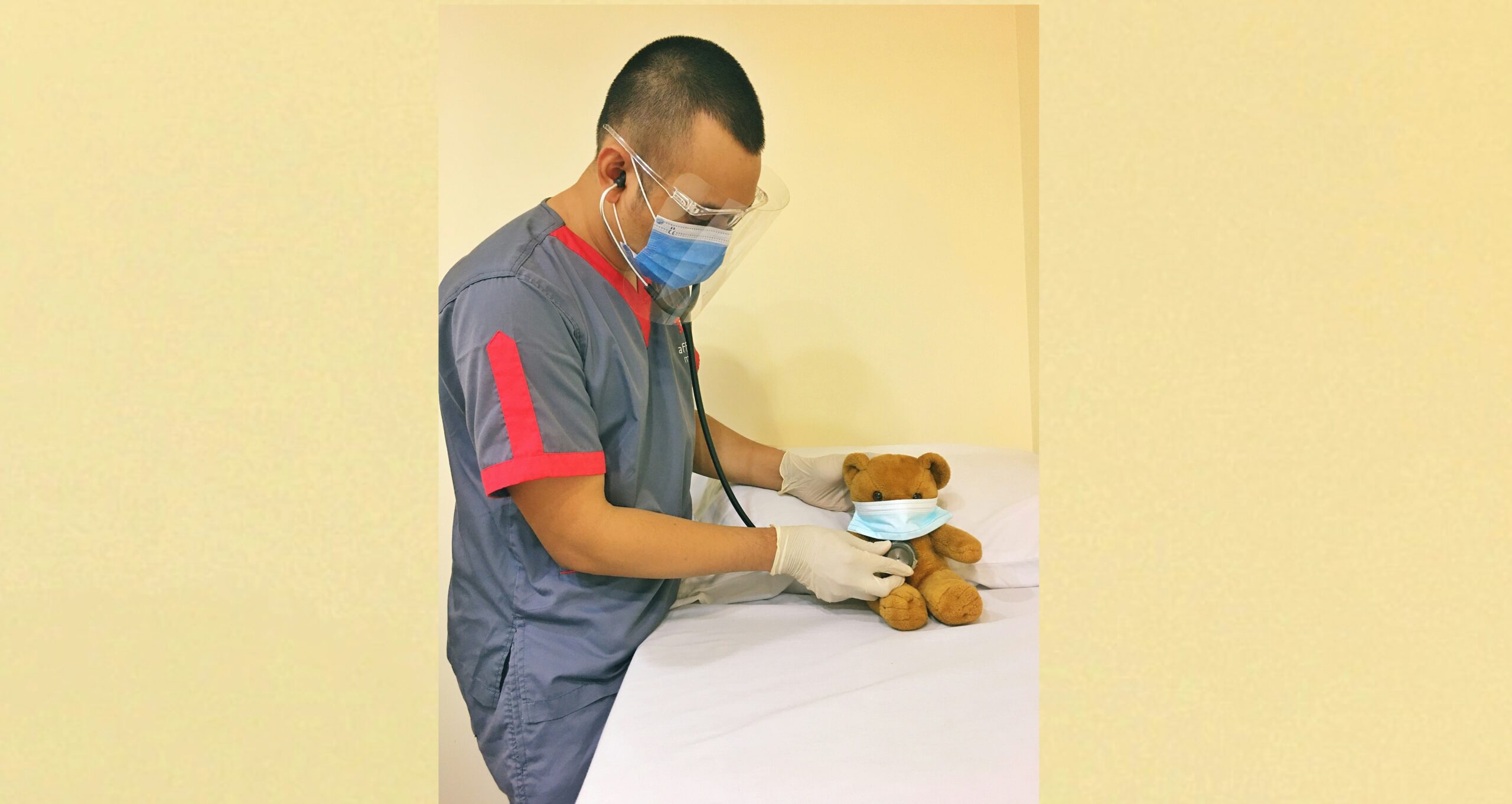Children under 5 years old have a weaker immune response to COVID-19 compared with older children and adults, new research shows.
The kids’ adaptive immune system, which ‘learns’ and deals with pathogens, had a weaker response during acute infection. Young children also had a distinctive response in the memory cells that ‘remember’ the virus after recovery. Older children had a response more similar to adults with mild COVID-19.
The Science Media Centre asked local experts to comment.
Associate Professor Amanda Kvalsvig, epidemiologist in the Department of Public Health, University of Otago Wellington, comments:
“The findings of this study are consistent with what we see in many other infectious diseases (RSV, for example): infants – that is, children aged under 1 year – tend to be more susceptible to infections and to have more severe outcomes than older children. One reason for this difference is that the immune system of young babies is configured differently from older age groups, as shown in this study and in other research.
“What this means in practice is that in early life babies need to be protected from circulating infections because they may not mount a robust and enduring immune response to infections. We can see this effect clearly with Covid-19 where young babies have more severe outcomes than older children.
“These patterns are obscured by reporting that typically lumps babies with older children, combining ages from birth to 9 years or even older. This practice means that worse outcomes in infants can be missed: age matters enormously in childhood infectious diseases and infants have unique vulnerabilities.
“This study showed different immune responses to Covid-19 in under-fives. We need to take notice. In New Zealand, preschoolers are highly exposed to Covid-19 infection and reinfection through infectious contacts both at daycare and at home with school-aged siblings.
“Effective vaccines for young children are available overseas but not in NZ. Given what we know about the effects of early-life infections on longer-term health and specific concerns about the impact of Covid-19 on children’s longer-term health and development, parents should have the choice to vaccinate their children.
“We also need to ensure that clean indoor air is standard in early childhood settings. NZ has high rates of respiratory infections in children and it’s clear that the youngest members of the community need far better protection than they are currently getting.”
No conflicts of interest.
Dr Gergely Toldi, Senior Lecturer in Neonatology at the Liggins Institute, comments:
“The emergence of the SARS-CoV-2 pandemic provided a unique opportunity to compare how the immune system of different age groups responds to a threat it has not encountered before, because there was no specific immune memory to the novel coronavirus in adults to complicate the comparison.
“This study from France highlights that the response to infectious threats develops progressively through childhood to adulthood, and that the immune system of young children copes differently, but not necessarily less efficiently compared to older individuals, with a new infection it had not encountered before.
“This finding supports earlier observations that the immune response of babies and young children is not “immature”, as often labelled, but rather meets different requirements raised by the stages of development.”
No conflicts of interest.
